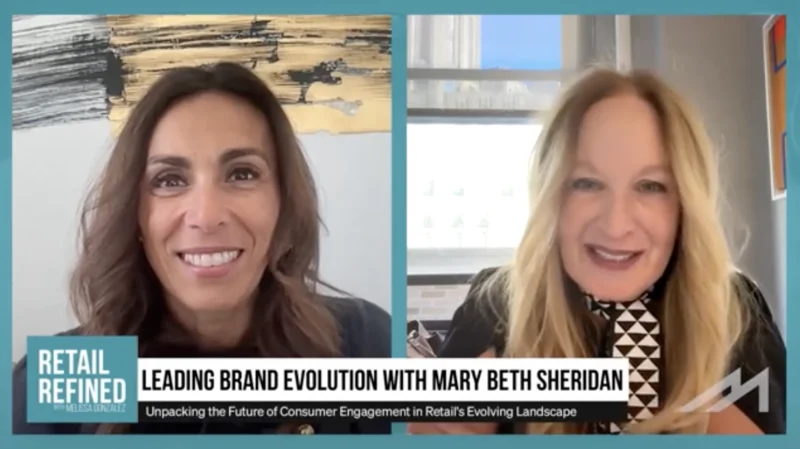Are Smaller Stores and Personalized Service the Future of Fashion?
Whether you’re an integrator, a designer or simply a label-defying creative, the EXPERIENCE is everything. Host Bryan Meszaros explores the story behind the exhibit to understand how a carefully crafted experience traps into the human experience to connect people to place.
Shoppers are increasingly turning to online shopping experiences, as in-store experiences are becoming less convenient. The COVID-19 Pandemic perhaps accelerated this model, and retailers are working to adapt to keep up with the changes.
On this episode of Experience By Design, Host Bryan Meszaros talked with Brian Landman, Vice President, Creative Studio at Winston Retail, who leads the way in defining the consumer experience by creating unified commerce in retail, wholesale, and online channels. The duo dug into optimizing the retail footprint, intimate store experiences, and analytics to predict customer behavior and product interests.
With brick-and-mortar foot traffic waning and online competition increasing, luxury department stores have been stalled and forced to resort to shutting stores, or in business-speak, “optimizing the retail footprint.” Retailers are doing this to shrink the size of retail stores, which creates a more intimate experience. An example of this is Burlington Stores who is shrinking the footprint of their stores to 25,000 square feet but increasing the number from 1,000 to 2,000.
“What we’re starting to see is brands looking at smaller, defined spaces where they can be more agile in the box,” said Landman, who has worked in the fashion and footwear industry for 20 years, gaining experience in visual merchandising, store design, brand experience, and storytelling at retail and wholesale.
With smaller, more intimate experiences, brands have to be mindful about what they put into the physical store. An example would be Sephora’s “Studio” prototype store in downtown New York, which is designed to foster an “intimate” experience with the customer – a type of relationship that is similar to how one would have with their hairdresser.
Watch Previous Episodes Right Here!
Follow us on social media for the latest updates in B2B!
Twitter – @MarketScale
Facebook – facebook.com/marketscale
LinkedIn – linkedin.com/company/marketscale









